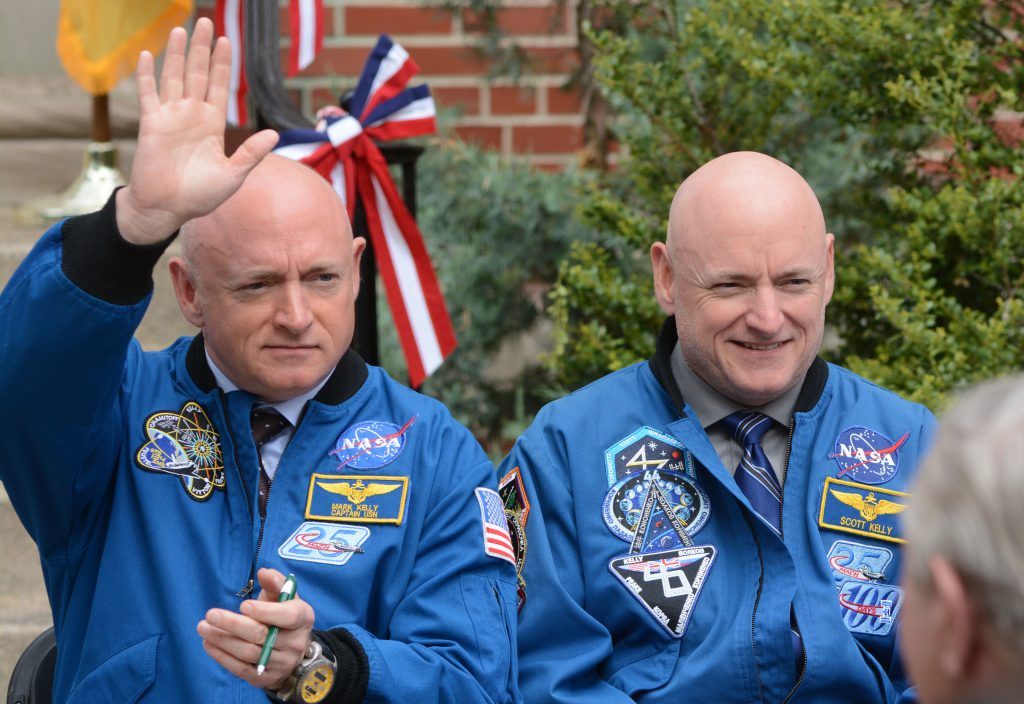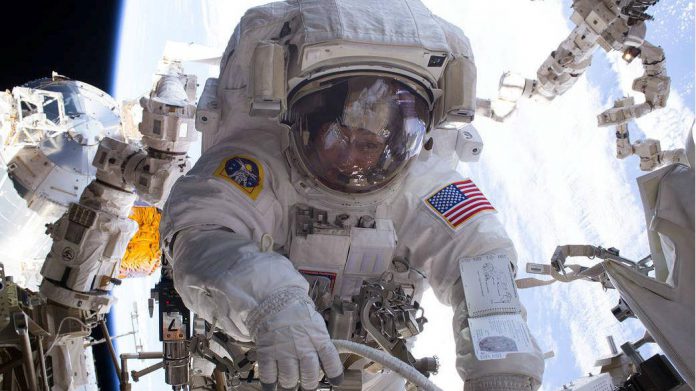Since man’s first step on the moon in 1969, over 500 people have gone into outer space. In these fifty-plus years, we have come to know a fairly good amount about space. However, not much known is about the effects of space travel on an individual’s body. A recent study published in Science Advances has found evidence of brain changes in astronauts who spent long durations in outer space.
Humans in Outer Space
Astronauts can spend anywhere from 2 weeks to months on a mission. A trip to Mars and back could take up to a total of six to eight months. This type of long-term space travel can have significant effects on an individual’s body.
On a spaceflight one can get exposed to multiple stressors such as microgravity, increased radiation, and isolation. Microgravity and radiation can result in a loss of bone density. Additionally, limited exercise and a restricted diet can decrease muscle mass.
Previous research has also found evidence of brain changes in astronauts who returned from long-duration flights. However, a recent study conducted on 11 cosmonauts from the Russian Space Agency has found these brain changes are not permanent.
Brain Changes from Space Not Permanent
All 11 cosmonauts in the study spent an average of 6 months in outer space. To study the brain changes pre- and post-flight, MRI scans were conducted.
Scans were taken before their launch to the International Space Station (ISS) and around 9 days after their return. Eight of the cosmonauts also received a follow-up scan around 239 days after their return from space.
The research found evidence of an upward brain and cerebellum shift, due to microgravity. An increase in Cerebrospinal Fluid (CSF) was also detected, due to ventricular enlargement. However, all these changes were seen to reverse seven months post-flight.
Interestingly, ventricular enlargement and increased white matter in the cerebellum were seen to persist beyond 7 months post-flight.
Scientists also noticed a decrease in visual acuity post-flight. Likely as a result of enlarged ventricles.
In the past, NASA’s twin study has also provided scientists with valuable information on the effects of living in space.
NASA’s Twin Study
Astronaut Scott Kelly spent almost a year in space while his twin brother, Mark stayed back on Earth and led a simple non-astronaut life. This was part of NASA’s twin study that aimed to explore the effects of spaceflight on the human body.

Credits: Derek Storm
Scott was found to have changes in his gut flora, thickened carotid artery, increased retinal thickness, altered telomere length, and increased levels of inflammatory biomarkers.
While most of these changes reversed post-flight, some of them persisted. These included cognitive decline, DNA damage, and an increased number of shortened telomeres.
Researches, like the ones mentioned above, can help scientists fully understand the effects of long-term space travel and help prepare for any complications.
References:
Garrett-Bakelman FE, Darshi M, Green SJ, et al. The NASA Twins Study: A multidimensional analysis of a year-long human spaceflight. Science. 2019;364(6436):eaau8650. doi:10.1126/science.aau8650
Roberts, Donna R., et al. “Effects of Spaceflight on Astronaut Brain Structure as Indicated on MRI.” New England Journal of Medicine, vol. 377, no. 18, 2017, pp. 1746–1753., doi:10.1056/nejmoa1705129.
Jillings S, Van Ombergen A, Tomilovskaya E, et al. Macro- and microstructural changes in cosmonauts’ brains after long-duration spaceflight. Sci Adv. 2020;6(36):eaaz9488. Published 2020 Sep 4. doi:10.1126/sciadv.aaz9488




